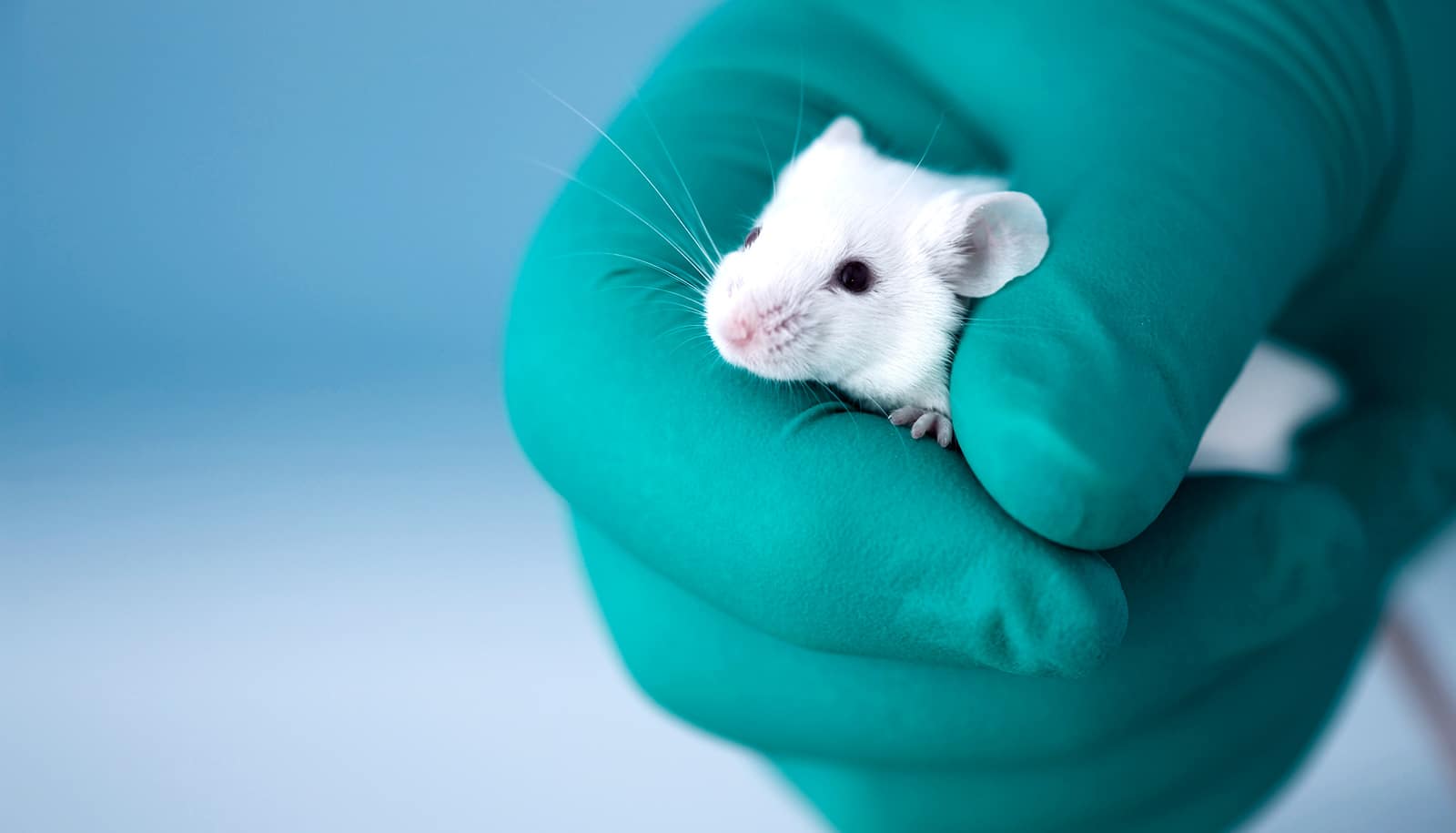Inflammation links heart disease and depression, study finds
People with heart disease are more likely to suffer from depression, and the opposite is also true. Now, scientists at the University of Cambridge believe they have identified a link between these two conditions: inflammation – the body’s response to negative environmental factors, such as stress.
March 19, 2019 • ~6 min





